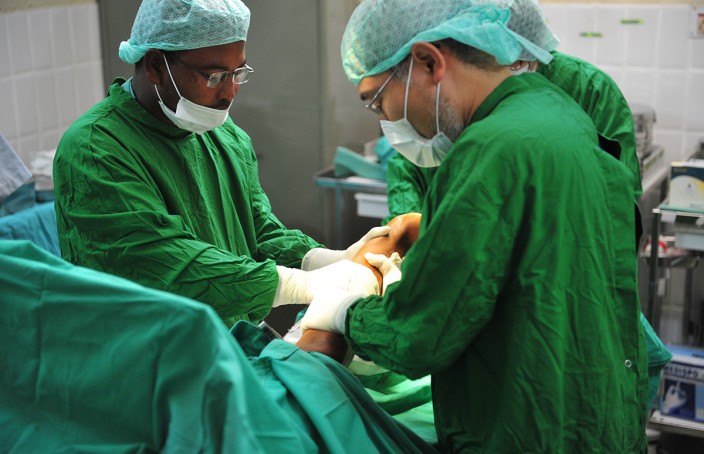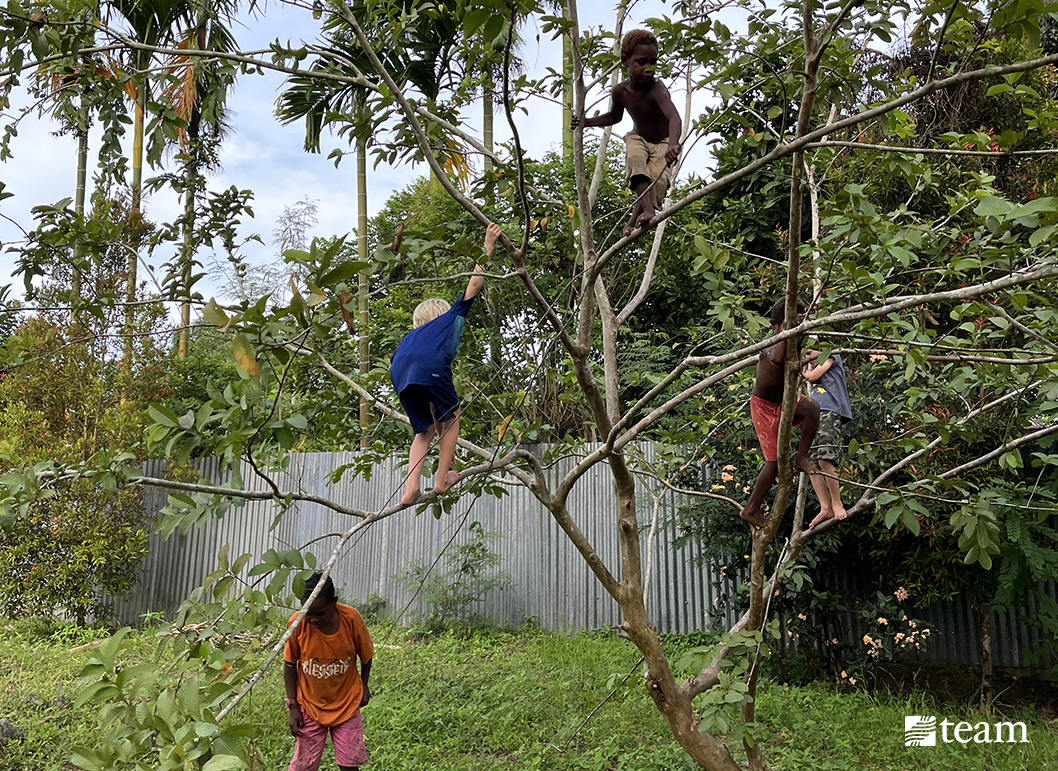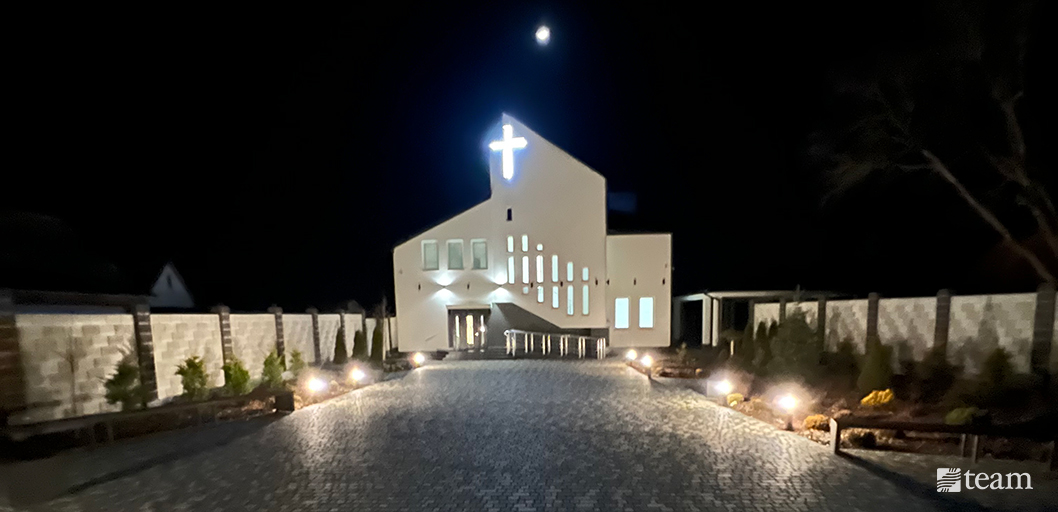
Ministry Updates
Finding My Place
September 22, 2014
by Mark Watson

Mission hospitals breed chaos. Physical needs and illness are constant and often dramatic. In a single day at our hospital in South Asia, I could see multiple patients from a car accident, do a C-section, do rounds on 25 inpatients, discipline a staff member, treat a bear bite in the ER, orient a new foreign volunteer, diagnose and treat typhoid fever, and find a half-eaten bar of soap (showing that further rat eradication was urgently needed!). Throw curve balls into the mix, and life gets really interesting. Like the time the construction workers in our building erected an elaborate Hindu shrine to the god of the brick building machine in the middle of the work site, and the American medical director (me) was expected to solve the problem. Or, after a patient unexpectedly died, an angry mob threatened to throw the doctor in jail and or burn down the hospital if we wouldn’t pay them off.
In the midst of navigating the chaos, during my time as a mission hospital medical director, I still felt a lot of guilt about not being more “missional” in my role there. I was working long hours just to keep my head above water and keep the hospital open. I suppose I had always assumed there would be more spiritual substance to my everyday interactions with patients and staff. I thought I’d be more frequently involved in heart-to-heart conversations, with presenting the gospel, with discipleship. Yes, I prayed before surgery and with sick patients, attended devotions, and tried to lead with integrity and be salt and light. But as the months went by, and as responsibilities continued to accumulate, the deep spiritual interactions were not happening. At least not with me.
But missions, medical or otherwise, is not about me. It’s not about us. It’s about Jesus Christ and his kingdom. Medical work gets people in the door, and there is inherent goodness in meeting physical needs and showing Christ’s love. But if that’s all it is, we’re coming up short. Which is why in our case, and I suspect in most medical missions contexts, the role of the national Christian staff is simply indispensable. The missionary doctors rarely have the time to sit down and spend an hour in the middle of the day listening to the story of a tuberculosis patient, sharing Jesus with them, praying for them and loving them. But the doctor can provide excellent care and, at the same time, foster a missional atmosphere and surround themselves with people who allow those critical and tender interactions to happen in other ways.
In our hospital, I knew I could count on my friends like Tara Dat, Sita, Kripa and Romi to share Jesus with our patients even if I was doing C-sections, rounding, and seeing outpatients in the clinic all day. And the people who came to know and love Jesus during our time there bore witness to this truth. All this to say, some missionaries aren’t evangelists. Some aren’t great teachers. Some aren’t even particularly brave and bold in sharing Jesus with people they don’t know very well. I’m not any of these things. But I am deeply committed to playing a role in building Christ’s kingdom. I know that medicine cannot be an end unto itself on the mission field. For me, the key was learning to effectively come alongside my South Asian brothers and sisters who were gifted in these areas, and to utilize one another’s gifts to reach our neighbors.

